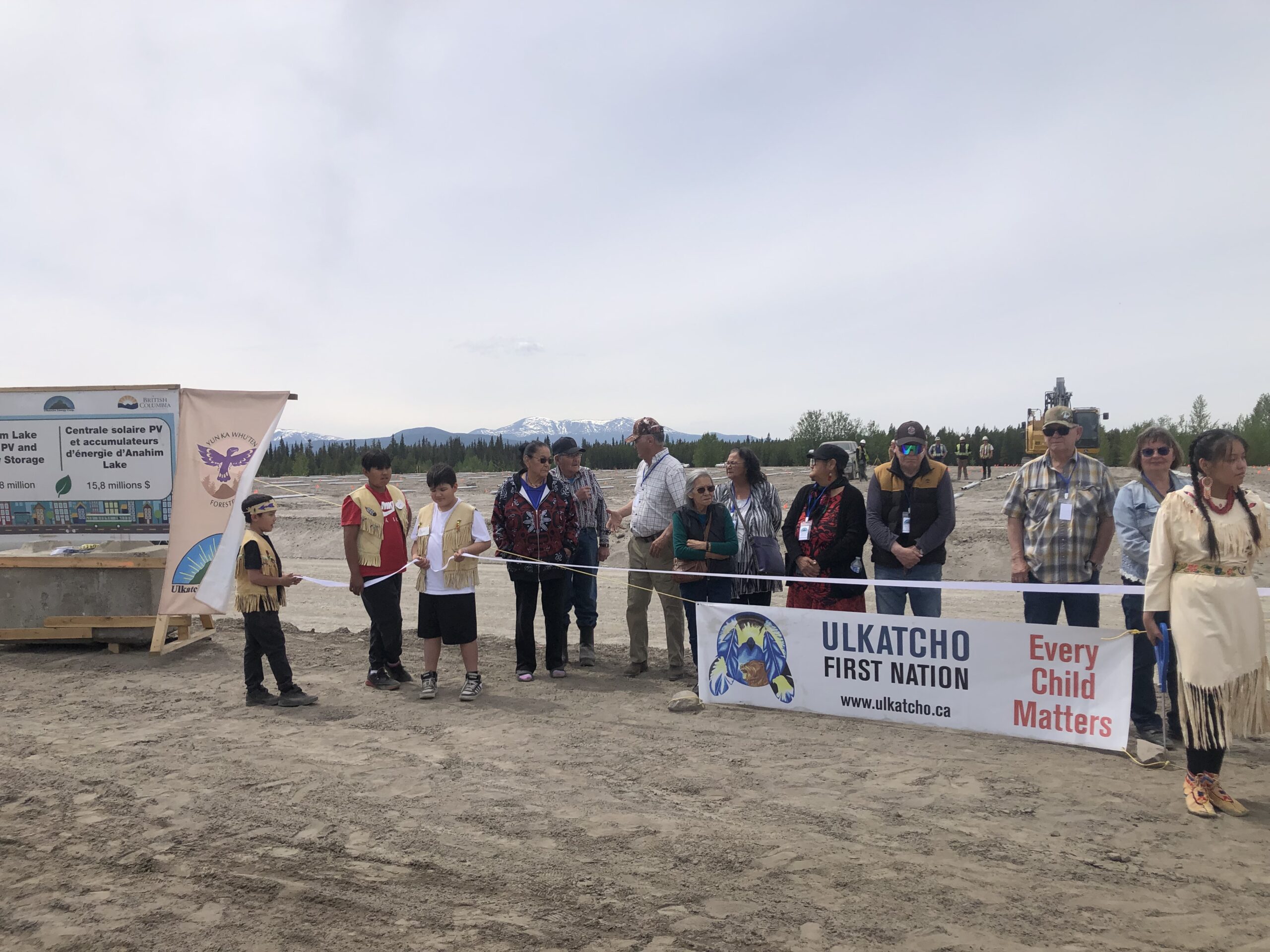One of CFN-GBI’s key roles is to support Nations on conservation-based approaches to developing economies while protecting water and land. At some point, our leadership had to ask the question many of us have a hard time asking: What about us?
It was time to look within and examine CFN-GBI’s own carbon footprint—the beginning of the First Carbon Baseline project, a partnership with Pinna Sustainability to turn our values into practice.
“We started measuring our footprint, looking at how staff move around the city,” said CFN-GBI General Manager Gary Wilson. “Do they use public transit? Cars? Cycle?” He said they also looked at the CFN-GBI Board and how they traveled to and from their communities, as well as in-house materials, such as office supplies like styrofoam and plastic, which also contribute to overall footprint.
After producing a baseline assessment that suggested CFN-GBI was using 29 carbon tonnes a year, the next question was: How can we reduce that footprint? “We stopped using plastic bottled water altogether and started talking about limiting our number of in-person meetings, to reduce travel,” said Wilson.
Although purchasing offsets is a way to reduce overall carbon footprint, Wilson said that tactic should not excuse CFN-GBI from finding ways to reduce actual carbon consumption. “Every year, we are going to measure our progress and determine ways to improve,” he said. “We can encourage Nations to start monitoring and managing their own footprints too, if we practice what we preach and lead by example.”
As the climate continues to change in ways that could negatively impact those with intimate connections to the land, reducing environmental footprint is one way to hold oneself accountable. “Growing up in Bella Bella, I used to fish all the time,” said Wilson. “When I go home, I see the impacts climate change has on our resources, our salmon, herring, and clams. In my lifetime alone, I’ve seen so many changes.”
Wilson says the only way to overcome those issues is to work together. That has indeed been CFN-GBI’s mandate from the beginning—to join Nations with a shared vision and commitment to protecting our lands and waters, for the well-being of all future generations.


